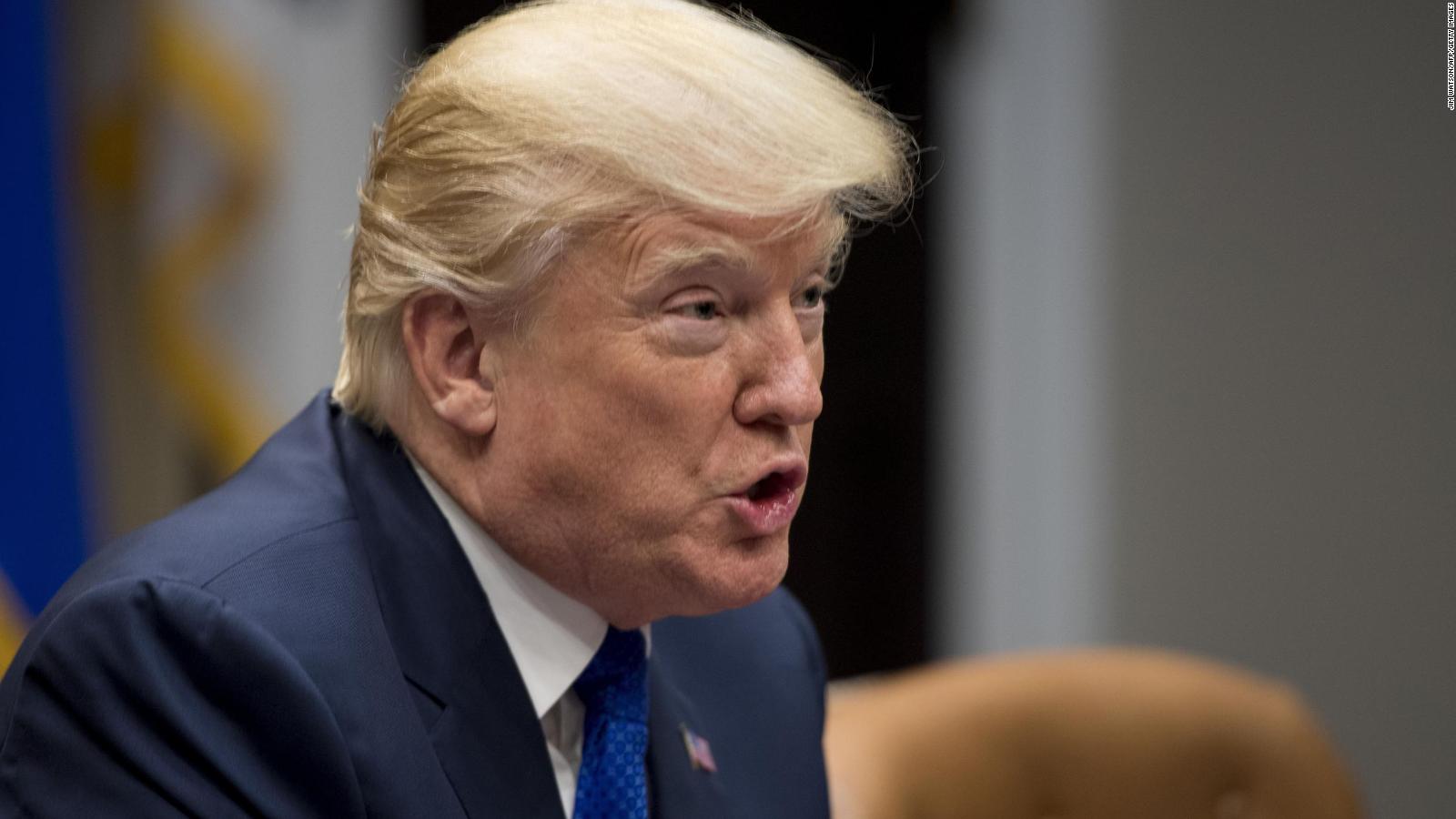After weeks of negotiation and uncertainty, Congress voted yes on a border security resolution yesterday afternoon with hopes of preventing another government shutdown.
President Donald Trump is expected to sign the bill today, while also declaring a national emergency to secure funding to construct a full border wall, according to Senate Majority Leader Mitch McConnell.
While the president stated this week he is not satisfied with the amount of funding Congress included, he also said he does not want another government shutdown and could find alternative ways to fund construction on a full border wall.
The $1.375 billion border security funding package–less than a quarter of the $5.7 billion Trump requested during the 35-day-long government shutdown in December and January–includes appropriations for dozens of miles of border fencing, as well as hundreds of millions in humanitarian aid.
As the issue of border security dominates national headlines and becomes a major influencer in the 2020 presidential election, The Talon has compiled the latest information on the specifics of this bill.
What is included in the bill?
Congress approved a $333 billion federal spending bill, which will fund the federal government through Sept. 30. Within this package is $1.375 billion dedicated to additional border security.
The measure includes provisions aimed at keeping both Democrats and Republicans satisfied.
For Republicans, hundreds of millions are set aside to begin construction on 55 miles of fencing in the Rio Grande Valley area of South Texas. For Democrats, $527 million is earmarked for humanitarian relief in Central America, a region from which an increasing number of migrants are coming.
The deal also includes funding for U.S. Immigration and Customs Enforcement (ICE) to house 40,520 migrants in their detention centers at any given time, a slight increase from the 35,000 beds Democratic leaders pushed for.
What missed the bill?
Democratic lawmakers, most notably Sen. Tina Smith, D-MN, fought for the bill to include back pay for hundreds of thousands of federal contractors. Those efforts were shut down by Trump and Senate Majority Leader Mitch McConnell, who argued back pay for contractors was not given in past shutdowns.
The deal also includes no long-term solution for the Violence Against Women Act, which originally expired when the government shut down in December but is currently temporarily reinstated. The 1994 law provides federal funding for the investigation and prosecution of domestic violence and other violent crimes against women.
Can Congress do anything to stop Trump from declaring a national emergency?
Congress does not have the authority to stop the president from declaring a national emergency. However, the National Emergencies Act of 1976 grants the House and Senate the ability to issue a joint resolution of termination if they believe the president is acting irresponsibly, or the national security threat has dissipated.
Some Democratic leaders, including Rep. Joaquin Castro, D-TX, have already voiced their support for pursuing a joint resolution of termination to stop the national emergency.
Could Trump fund full construction of the wall through a national emergency?
While declaring a national emergency would provide Trump with the funds necessary to begin building the wall, construction would likely get bogged down by a litany of legal cases, according to eminent domain attorney Charles McFarland. It is more difficult to bypass congressionally-approved eminent domain than eminent domain based upon a supposed national emergency, McFarland said.












Be First to Comment